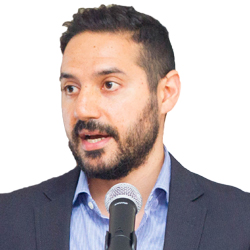Smart Cities
For the past two decades, every city has generated huge amounts of valuable data from every operational department, whether it is municipality, urban planning, land, public safety, traffic control, and others. The said data can provide spatial insights connected to the real-world space and make us understand what belongs where and how cities can measure and monitor every aspect of city operation.
Network of sensors, cameras, and wireless devices, connected through IoT, helps bridge the gap between city authorities and the community. Data collected from these devices and from the citizens will be processed and analyzed to create real-time knowledge, which becomes key to tackling inefficiency.
The Smart Cities track will feature experts from urban/city planning, engineers/consultants, mobility and transportation experts, technology providers and research/academic institutes, discussing geospatial technology as the backbone in empowering smart city management.
Speakers
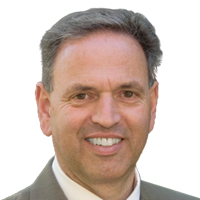

Singapore Land Authority
Singapore

Hexagon
Belgium

City of Raahe
Finland
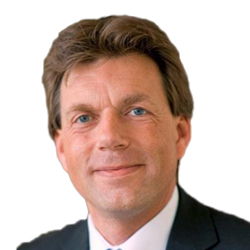
Bentley Systems
USA
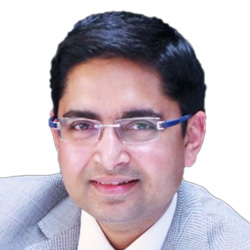
SAP
United Kingdom

Open Geospatial Consortium
Belgium

Build Informed
Austria

Oracle
Germany

Urban Innovation Vienna
Austria
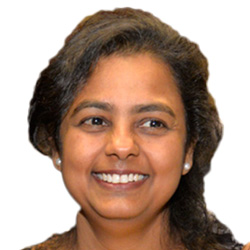
Anamika Das Vice-President - Outreach & Business Development
Geospatial Media and Communications
India

City of Brussels
Belgium
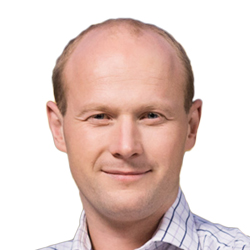
City of Gdynia
Poland
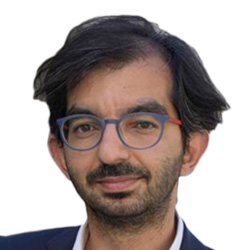
City of Athens
Greece
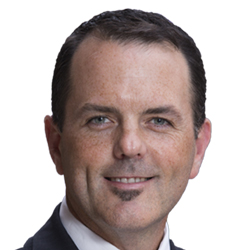
City of Sydney
Australia
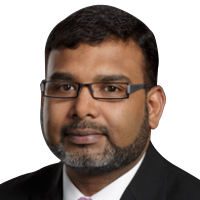
Dr Zaffar Sadiq Mohamed-Ghouse Executive Director, Strategic Consulting
Spatial Vision
Australia
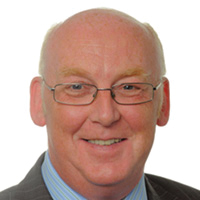
Glasgow City Council
United Kingdom

Cyient
United Kingdom
.jpg)
AgiliCity
Slovenia

City Planning Authority
City of Gothenburg
Sweden

Avineon
Belgium
.jpg)
Municipality of Vejle
Denmark
.jpg)
City of Copenhagen
Denmark
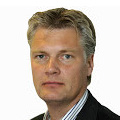
Trimble
Finland

City of Oslo
Norway

Microsoft
Spain
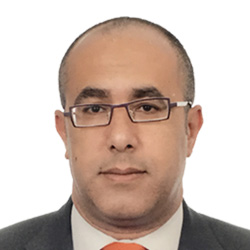
The World Bank

Hexagon Safety & Infrastructure
Germany

Department of Civil Engineering, De La Salle University-Manila
Philippines

CycloMedia Technology
The Netherlands

Technical University of Munich
Germany

Technical University of Munich
Germany
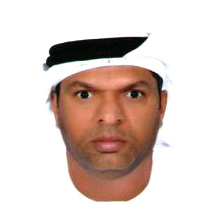
Fujairah Municipality
UAE
.jpg)
City of Bologna
Italy

International Association of Assessing Officers (IAAO)
USA

Kadaster
The Netherlands

Al-Balqa Applied University
Jordan
SESSION THEMES
Location technology is a critical component in producing city intelligence that helps improve urban living. For the past two decades, every city has generated huge amounts of valuable data from every operational department, whether it is municipality, urban planning, land, public safety, traffic control, and others. The said data can provide spatial insights connected to the real-world space and make us understand what belongs where and how cities can measure and monitor every aspect of city operation. Session will feature best practices from major cities around the world.
Many cities across the world are putting infrastructure as an economic priority. Complex infrastructure projects are being commissioned to stimulate economic growth, upgrade old systems and cater for fast-growing populations. By embracing the latest technologies for innovative infrastructure, there is a major opportunity to improve the lives of citizens with better connected assets, especially in transportation services. As the line between public and private transportation systems in cities becomes increasingly blurred, smart technology will give the opportunity for policy-makers, infrastructure operators and mobility providers to reshape urban mobility systems into new versions that are safer, cleaner and more inclusive. How does geospatial technology contribute? Experts shall discuss.
Mayors Panel will feature mayors from cities around the globe to discuss best practices in creating smart, connected community, in two interactive panels: ‘Digital Revolution: Designing Sustainable Communities’ and ‘Cities as Innovation Hubs: The Rise of Urban Competitiveness’. Topics to be discussed will include role of technology in economic development, improving city efficiencies, smart city policy innovation, creating collaborative environment between government and citizens, and innovation strategies.
Cities are huge sources of power demand, consuming two-thirds of the world’s energy and producing a similar proportion of global carbon emissions. City authorities, planners and utility companies need to think of the sustainable way to develop electrical infrastructure that supports economic growth and high quality-of-life while also integrating more renewable energy sources, and reducing cities’ impact on the environment. Session will discuss how smart city can leverage data and digital connectivity for a sustainable energy management.
Smart cities movement is all about creating better planned, more connected, and more livable cities. City Information Modeling generally involves building a 3D city model that connects with building information and other contextual data source or analysis tool of various city components, including buildings, roads and public spaces (open data), streetlights (sensors/IoT), and even people on the street (social media).
By connecting building data to CIM, architects and planners are provided with an interactive, content-rich 3D city model environments, where data can be accessed, analyzed and shared anywhere in the world, in real time. Such data repository will be an invaluable asset for cities in the long run to generate data-driven policy, decision-making and overall city governance.
Protecting citizens against crime, accidents, terrorism or natural disasters require sophisticated technologies and processes. The key to achieve this is by integration and analysis of information – from various sources, times and locations – to produce actionable insight. With city operation becoming more intelligent and connected, integration with advanced public safety solutions such as gunshot detection and facial recognition programs, is now making way. Listen to safe city pilots from all over the world and find out the latest technological developments that are making cities safer and smarter.
TARGET AUDIENCE
- Architecture Firms
- City & Municipal Authorities
- Construction & Engineering Firms
- Consultants
- Emergency Responders
- Funding Agencies
- Geospatial Technology Experts
- Healthcare Institutions
- ICT/Smart Technology Experts
- Infrastructure Authorities
- Policymakers
- Public Health Agencies
- Research Institutions
- Transport Operators
- Urban Planners
- Utility Companies


